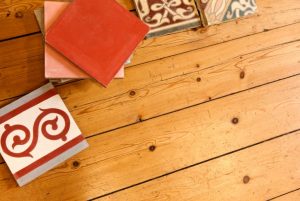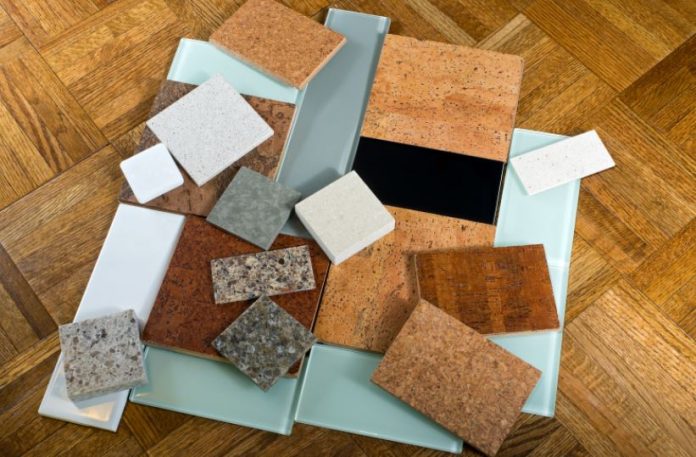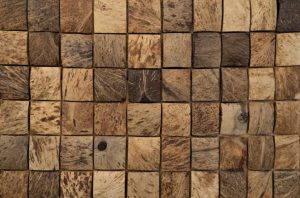Table of Contents
Remodeling your flooring is a crucial renovation that will have a long-term impact on a homeowner’s life. Admittedly, these are the floors you’ll be walking on every day for the next several years, and that you’ll want to be sure you pick the proper flooring for your family. Here are the similarities to consider when deciding between tile and hardwood flooring for your home or your office.
1. Underfoot Sensation
Some homeowners place a premium on how a floor feels underfoot. In terms of making your home pleasant for both you and your family, you want it to be welcoming to guests. When you walk barefoot on hardwood floors, you will sense that they are warm. Tiles have cooler underfoot. The climate in which you live will most likely influence your decision on which of these seems more appealing.
2. Cost and Value

In general, solid wood flooring is more expensive than tile floors. Because exotic woods are more expensive, you may want to consider using a less expensive type of wood that is commonly available. Though hardwood floors are more expensive in the beginning, many homeowners prefer them because they add value to a property.
Tile flooring costs less than hardwood flooring. One approach to cut costs is to choose a type of tile that you can install yourself, such as standard ceramic floor tile. Other types, such as porcelain tile, necessitate the services of a professional installer.
3. Maintenance
Hardwood flooring is often easier to maintain than tile floors. It merely has to be swept or vacuumed on a regular basis. Tile flooring must be routinely cleaned and wiped, and the grout lines can become caked with filth and grime. This can be additional labor because you may need to scrub and reseal the grout lines on a regular basis to keep the flooring in good condition. Tile can be difficult to work with since it might be difficult to obtain a matching piece if a tile cracks and needs to be replaced. Hardwood flooring, on the other hand, can survive for decades if cared for properly. You can also sand down flaws and refinish the flooring to give them a new look.
4. Durability

In terms of robustness, hardwood is generally less durable than tiles. It’s prone to scratches, dents, and moisture damage. Floors could also distort in varying climates with a broad variety of hot and cold temperatures or high humidity.
Tiles are more long-lasting. This is particularly noticeable if you choose glazed or porcelain tile, as these materials assist the surface to resist stains and scratches. Tiles are prone to cracking, but it usually takes a tremendous amount of power to break one. Tiles are resistant to moisture, and some varieties are nonporous, making them an excellent choice for kitchens, bathrooms, and washrooms
5. Style and design
Tile flooring is hard to top when it comes to variety. Tiles can be produced in almost any color or design that you like. Some people like a minimalistic, monochrome design, while others prefer a more vibrant multicolor approach. This type of floor screed has a more modern appearance, but you can achieve a classic effect by using traditional colors and patterns.
While hardwood floors exist in a variety of colors and sizes, they have a much more classic appearance with little variation. To achieve the desired effect, you can use a specific stain or use thinner or wider wood planks. However, when contrasted to tile, it has a more understated and classic appearance.
6. Level of Noise
Hardwood floors should be avoided if you are sensitive to noise. Regrettably, when it comes to flooring, this is among the noisiest choices available. Tile flooring can make noise as well, although because of their density, they are often quieter than hardwood floors.



